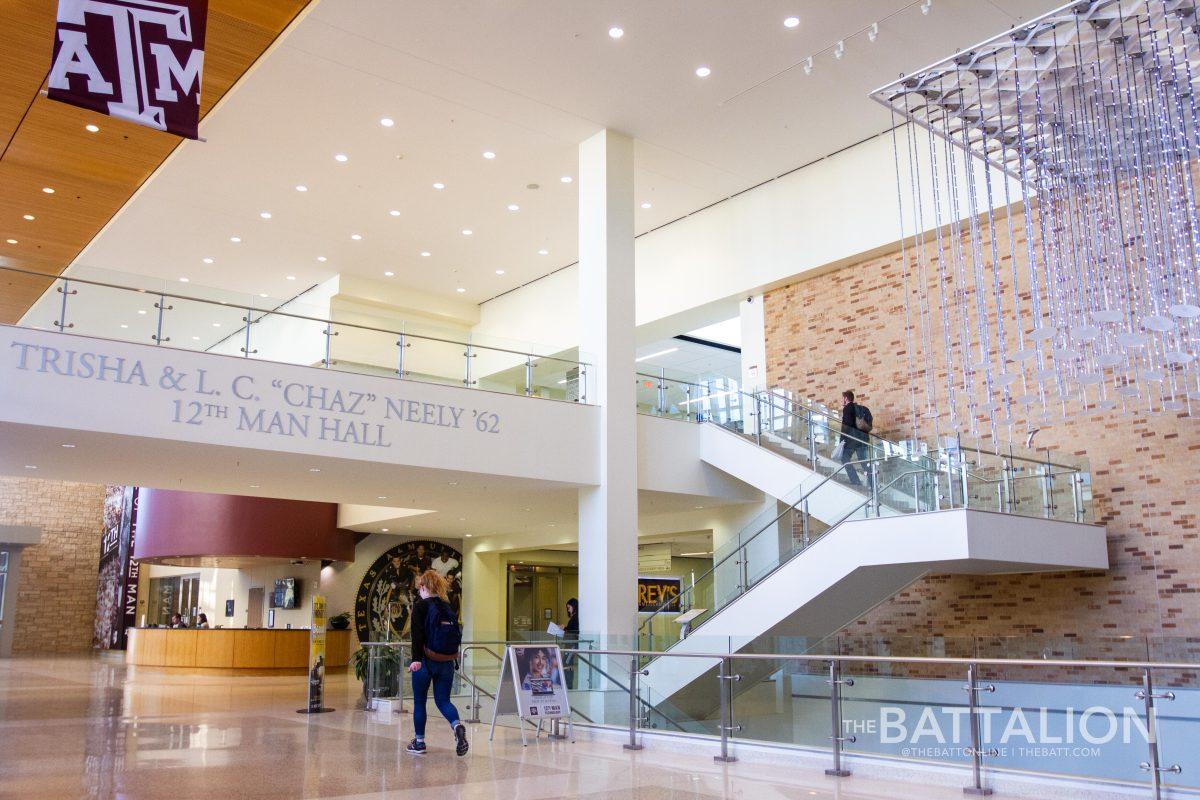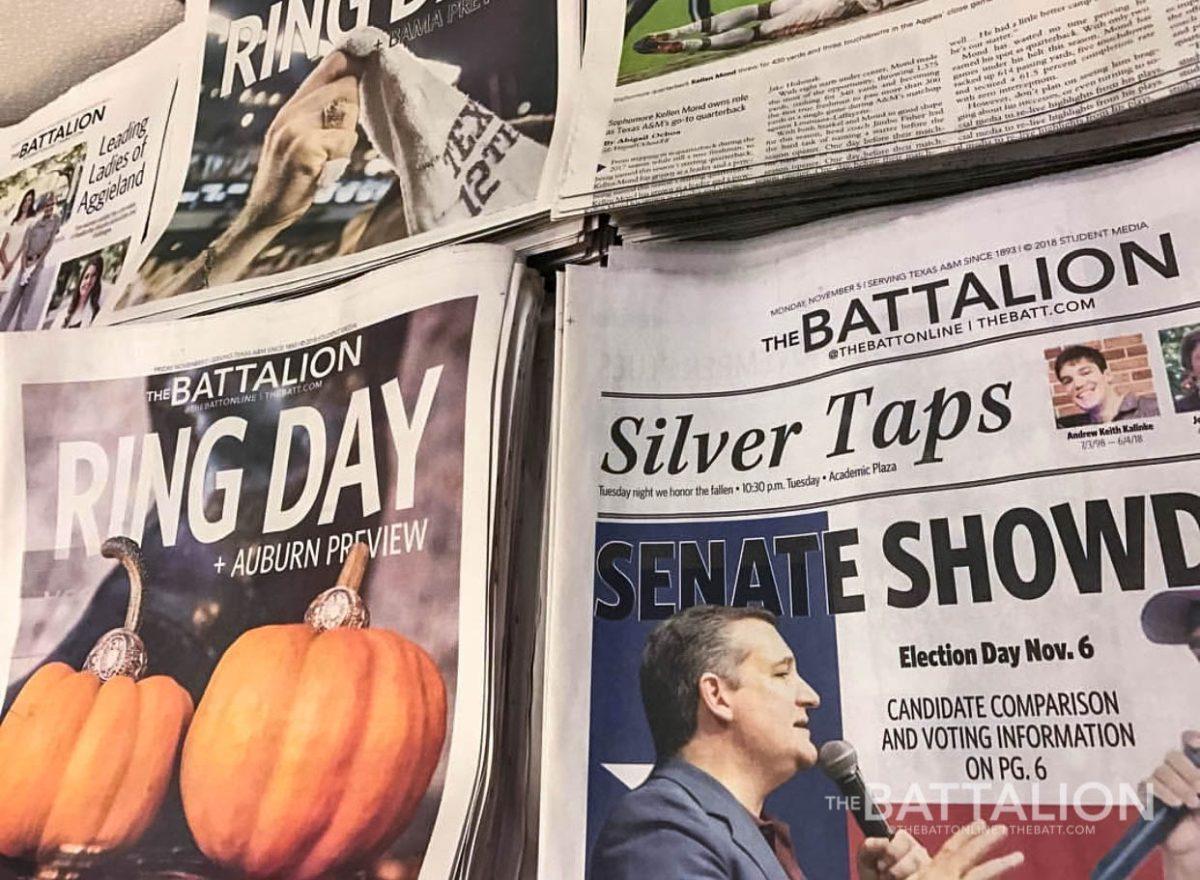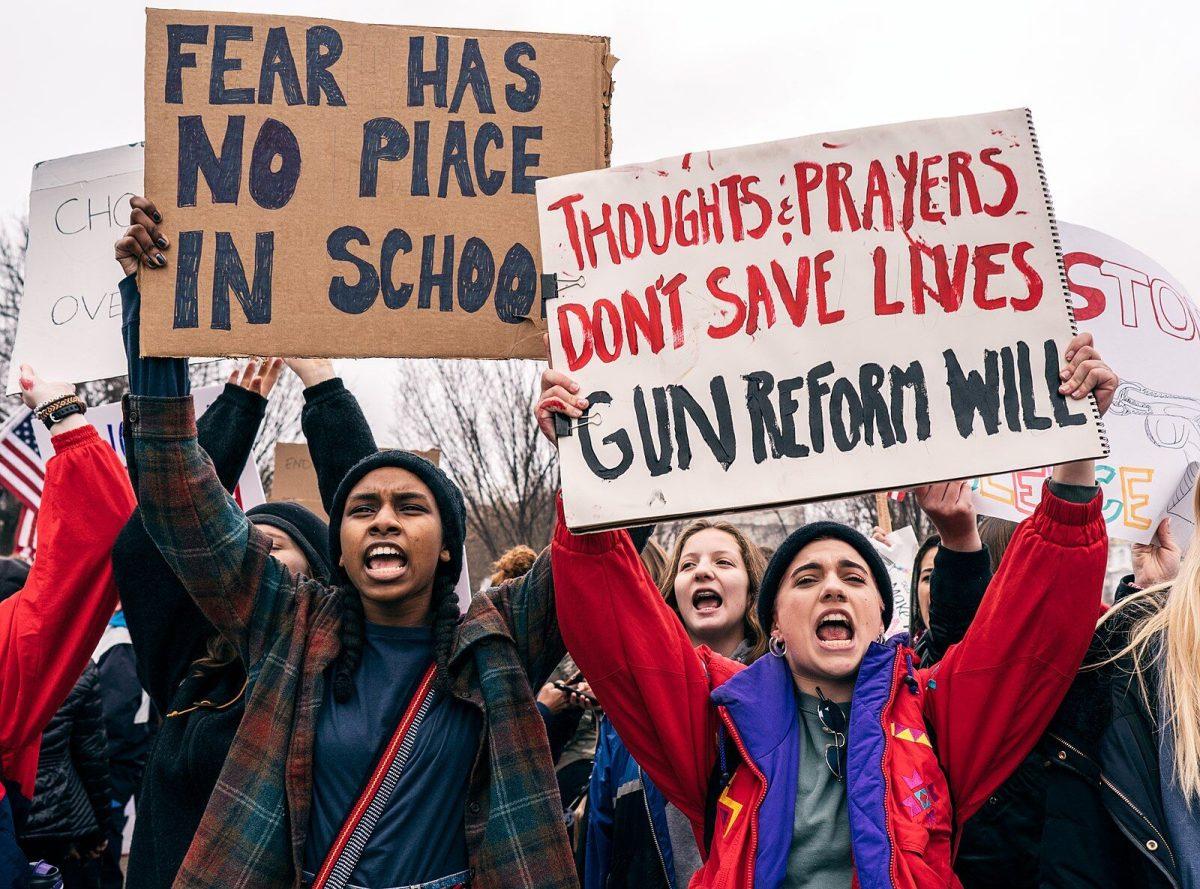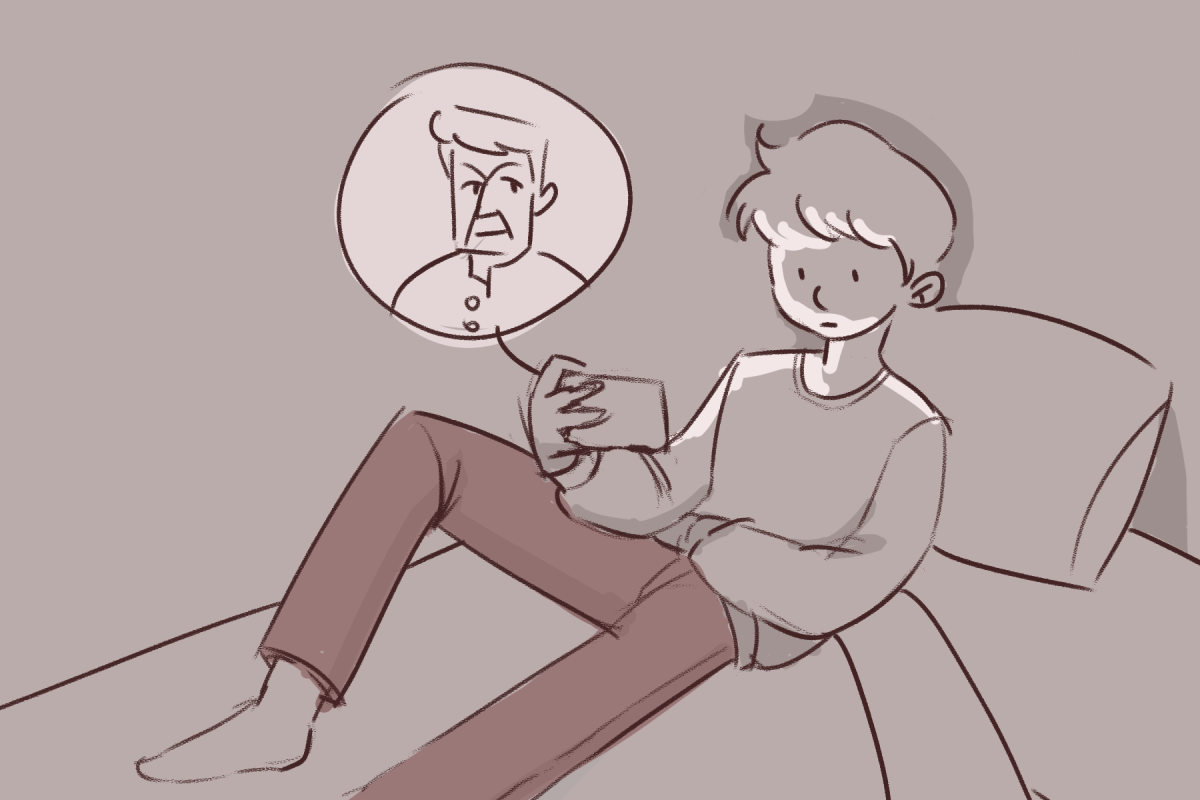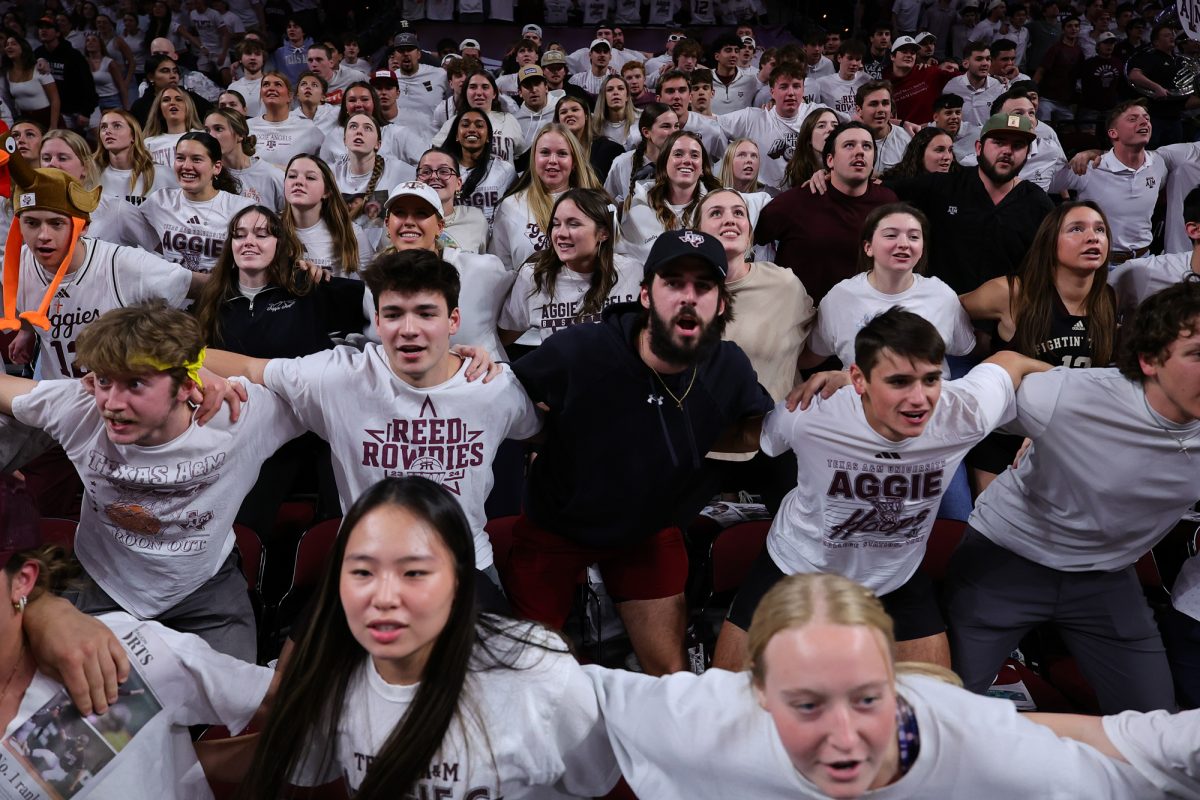Voting is the beating heart of any democracy. It is the essential element which rhythmically powers and renews a government made by the people, for the people. However, the heartbeat of the U.S. often appears less like a strong, healthy pulse and more like a measly, inconsistent tick.
While the factors contributing to comparatively low voter engagement are undeniably complex and multifaceted, one constituency stands out; young, voting-age citizens, who historically trail other age demographics in voter turnout.
In order to reaffirm our shared values and commitment to democracy, especially in a time when faith in our voting systems is in peril, it becomes imperative for this to change. Increasing voter turnout among young adults is more than representing their proportional share but also building a habit of civic engagement which will follow them throughout their lifetime. Voting must be accessible and readily available to everyone, but to young people especially.
Unfortunately, the Brazos County Commissioners Court did not see the issue this way.
During the summer, the court did not include the Memorial Student Center, or MSC, as an early-voting location. A walkable, centrally located and long-standing location, removed with little reasoning given, inevitably inhibiting poll access for many students and first-time voters, particularly those without forms of personal transportation.
“I heard from more residents and only two students who spoke up on behalf of the MSC, and because of the number of voters who traditionally vote [in] College Station as opposed to the numbers who voted [at] the MSC, it was an easy choice for me to make,” Precinct 3 Commissioner Nancy Berry said.
In a county of approximately 237,000 residents, per the 2020 census, a student body of over 70,000 students enrolled at Texas A&M College Station, plus 7,000 staff and 4,000 faculty members, makes for a large portion of the population. Which makes it all the more perplexing the court did not proactively seek or consult students when making a decision directly related to their own campus. Furthermore, students were not active in the court because they were on summer break, a fact to which many commissioners seemed bafflingly oblivious or unsympathetic.
For students with demanding class schedules, professors completing important research or staff with long shifts and short breaks, making a trip off-campus, through some of the Brazos County’s busiest intersections, to a facility with less parking is unreasonable and unrealistic. Though the Election Day voting site did not change, Nov. 8 wait times in the MSC are historically hours long — hours that much of our campus community cannot afford to spend.
The behavior of the Commissioners Court fails to uphold the accessibility of the polls that is integral for younger generations, but it also is emblematic of a deep, shameful disconnect with one of Brazos County’s largest constituencies. Not consulting them prior to the decision is, by definition, a failure of an elected representative.
Every election season you will inevitably be bombarded by wholesome, albeit annoying, voting initiatives, encouraging you to turn up to the polls. Today, we offer you a less conventional incentive to vote: spite.
If your elected representatives are not going to defer to your voices on the issues that matter to you, you might as well vote them out. Replace them. Representatives only represent once elected by the people they devote their time and willingness to. If their performance is unsatisfactory, they can be easily replaced by a competent person who will follow their work as a public servant.
Such a reason is why the action of voting exists. Societal problems are inevitable, especially in an ever-growing society. The present- day civilian, with the best of their judgment, has the privilege of exercising their power to mold the society to best fit their perspective.
The concept of having the communal power of election is hard to wrap our heads around, perhaps due to our trailing youth marking as an indicator of half-finished maturity, and the perpetual generational gap war that bashes the newly emerging inheritors of society. Do not be discouraged, your voice matters.
Our youth is the essential power in our votes now and in the future. Directly voting now lets us see the results of our contributions. What succeeds and falls short after elections lets us gather information for the next time period of voting, allowing us to decide what stays and what gets replaced. With our youth, we get to do this for the next five years, 10 years, 25 years and perhaps even 50 years.
Now is the perfect time to pursue actions that allow us to represent our communities and gather knowledge for the voting years to come.




